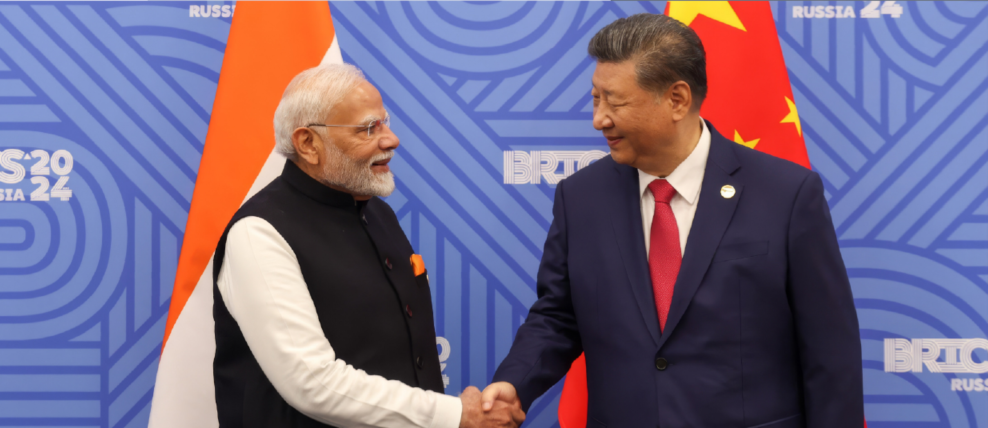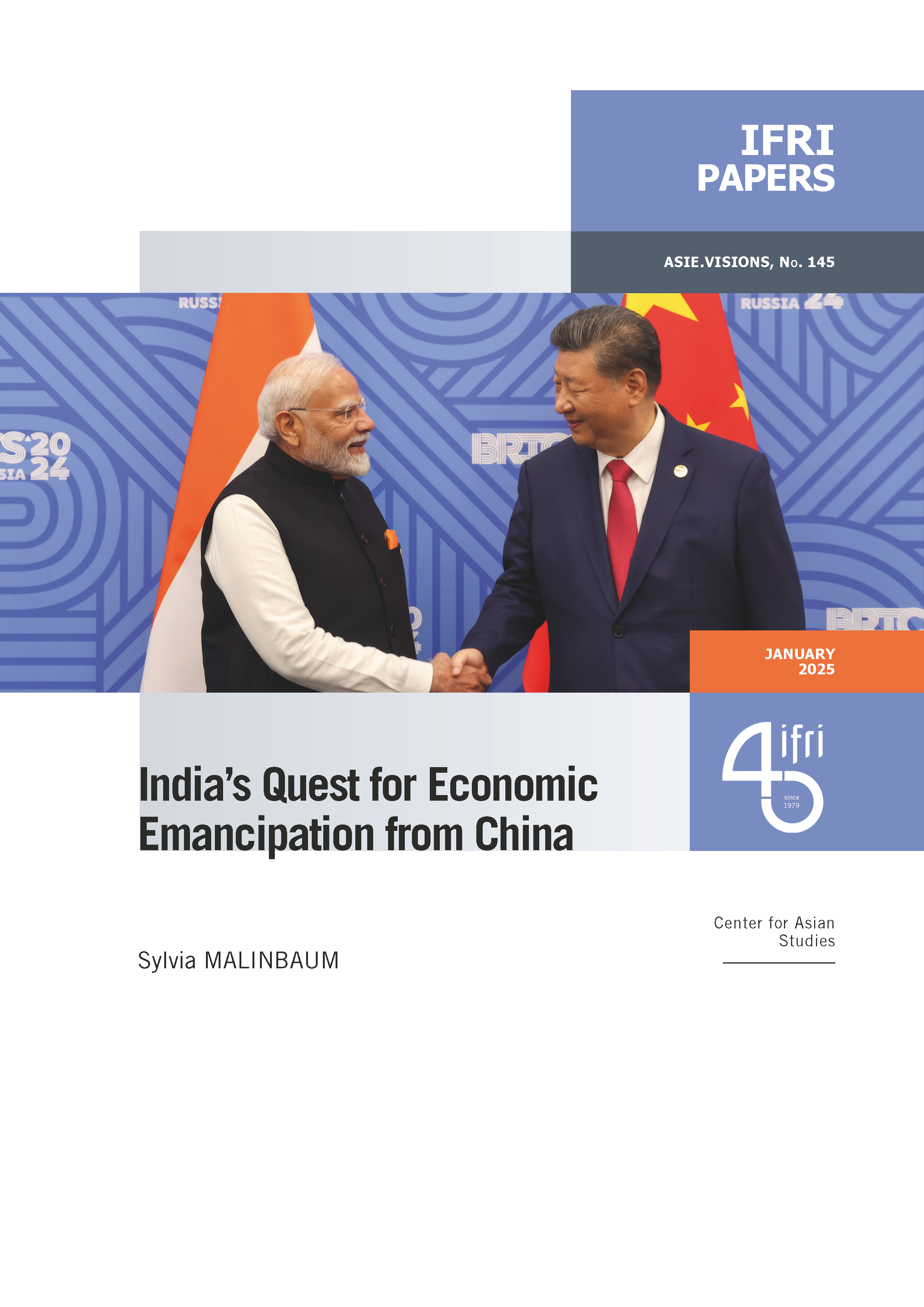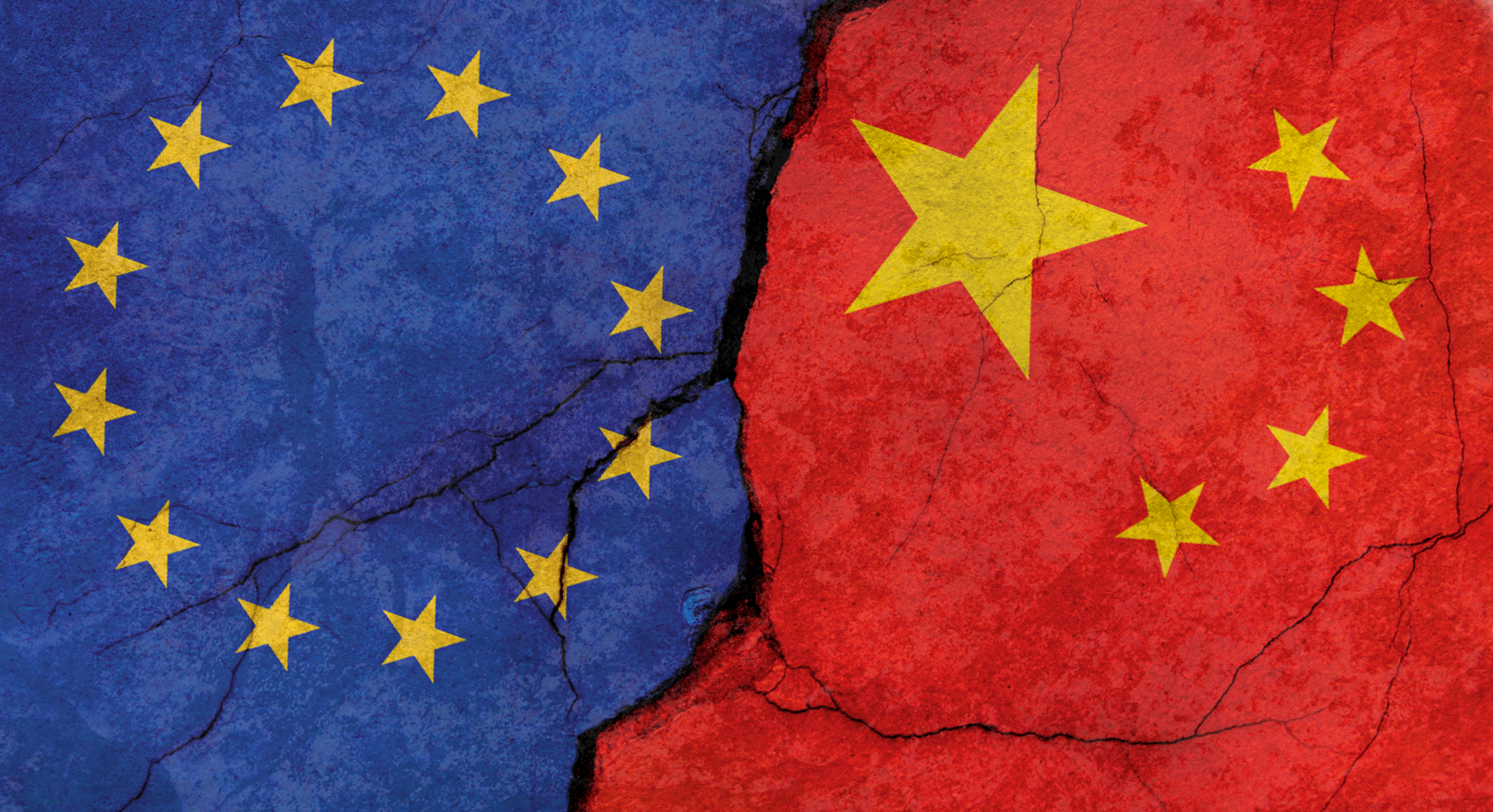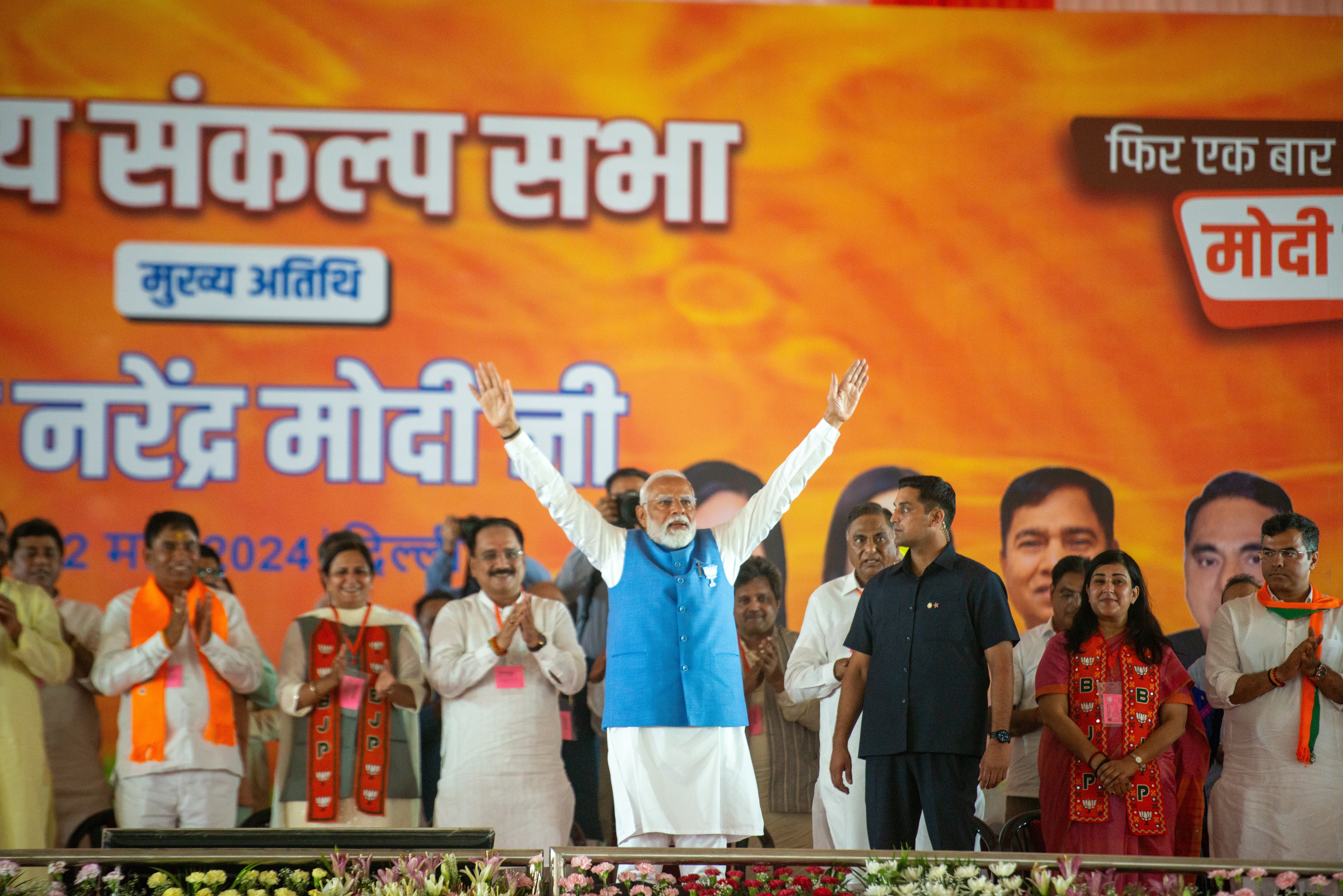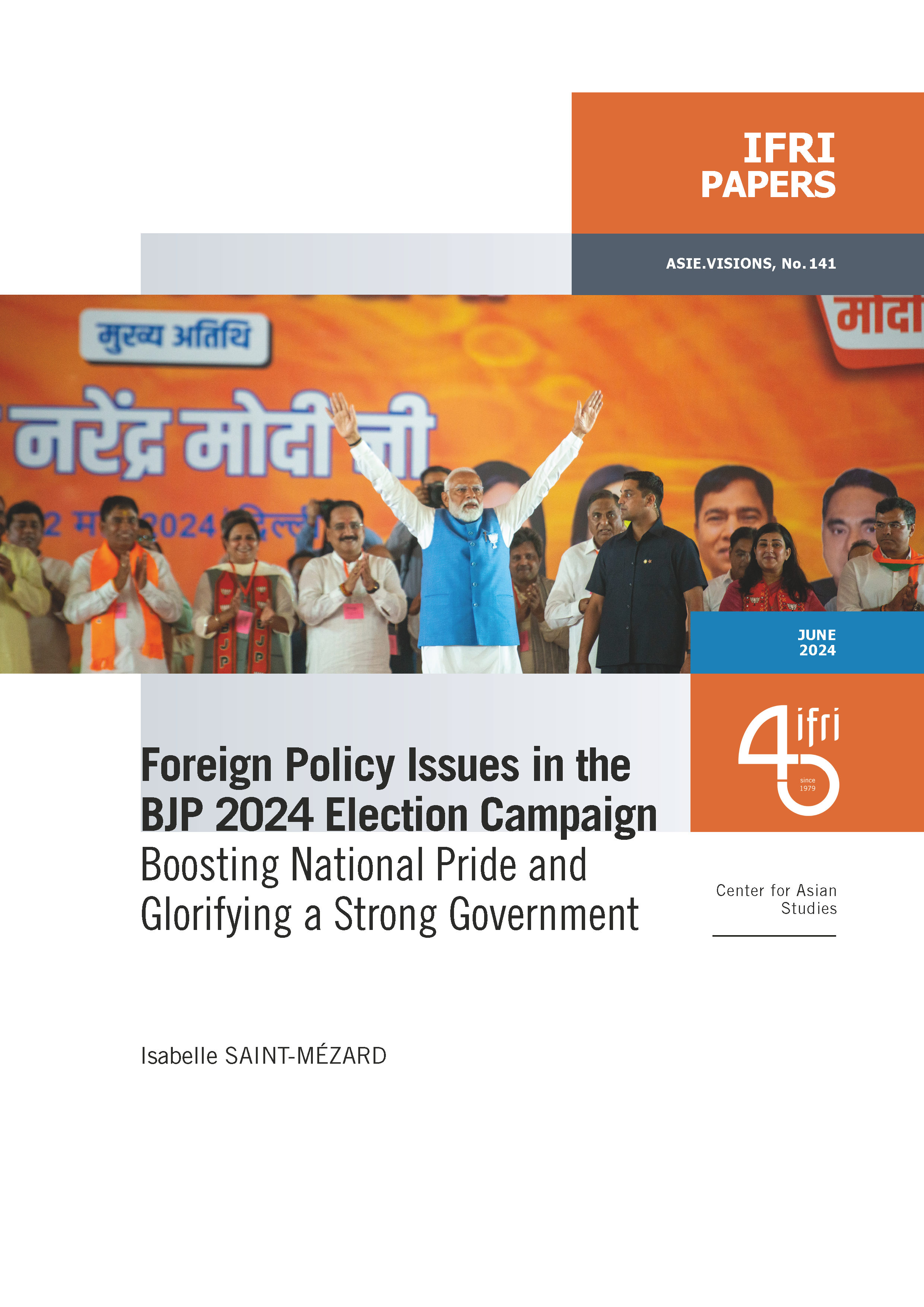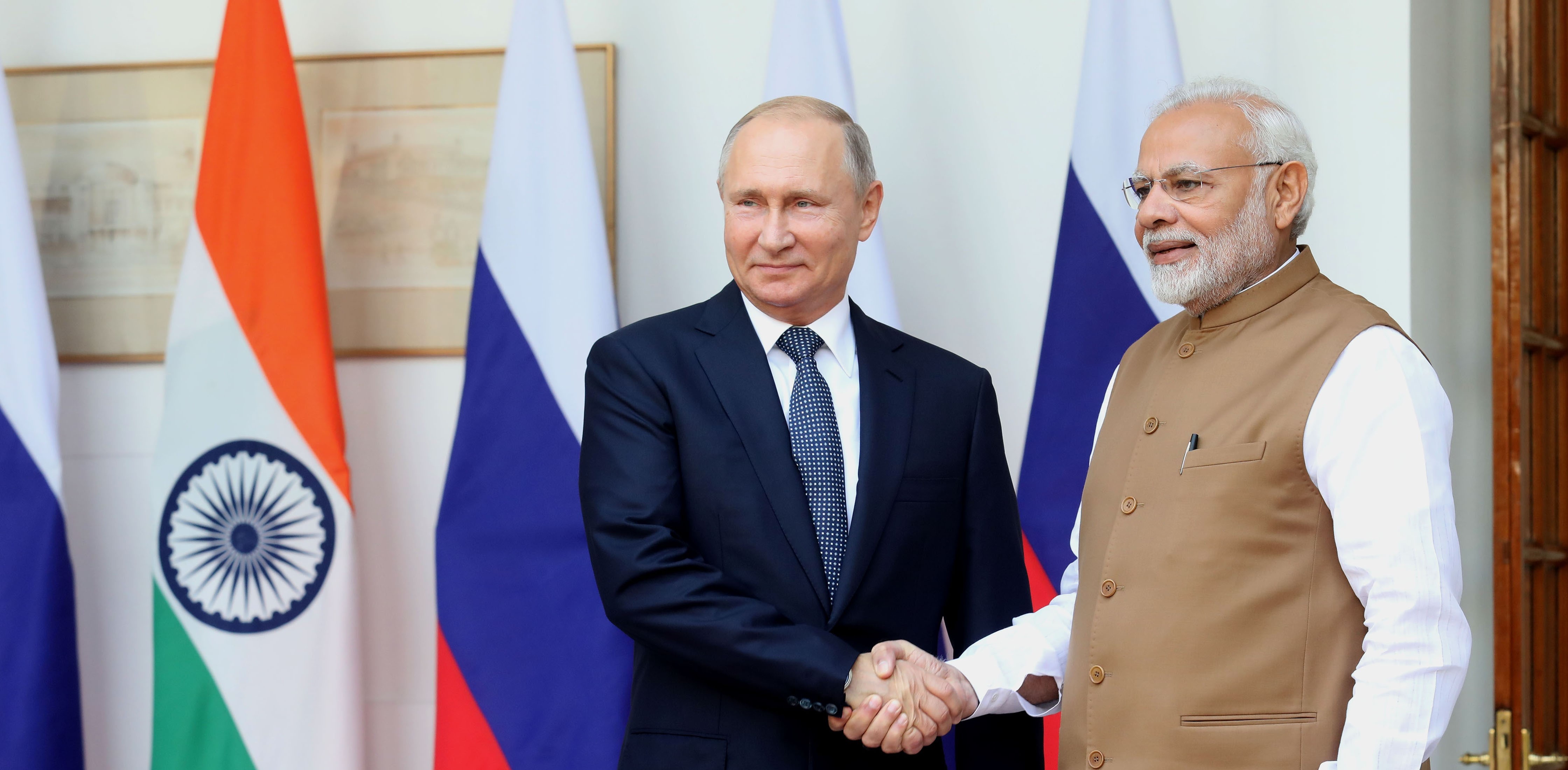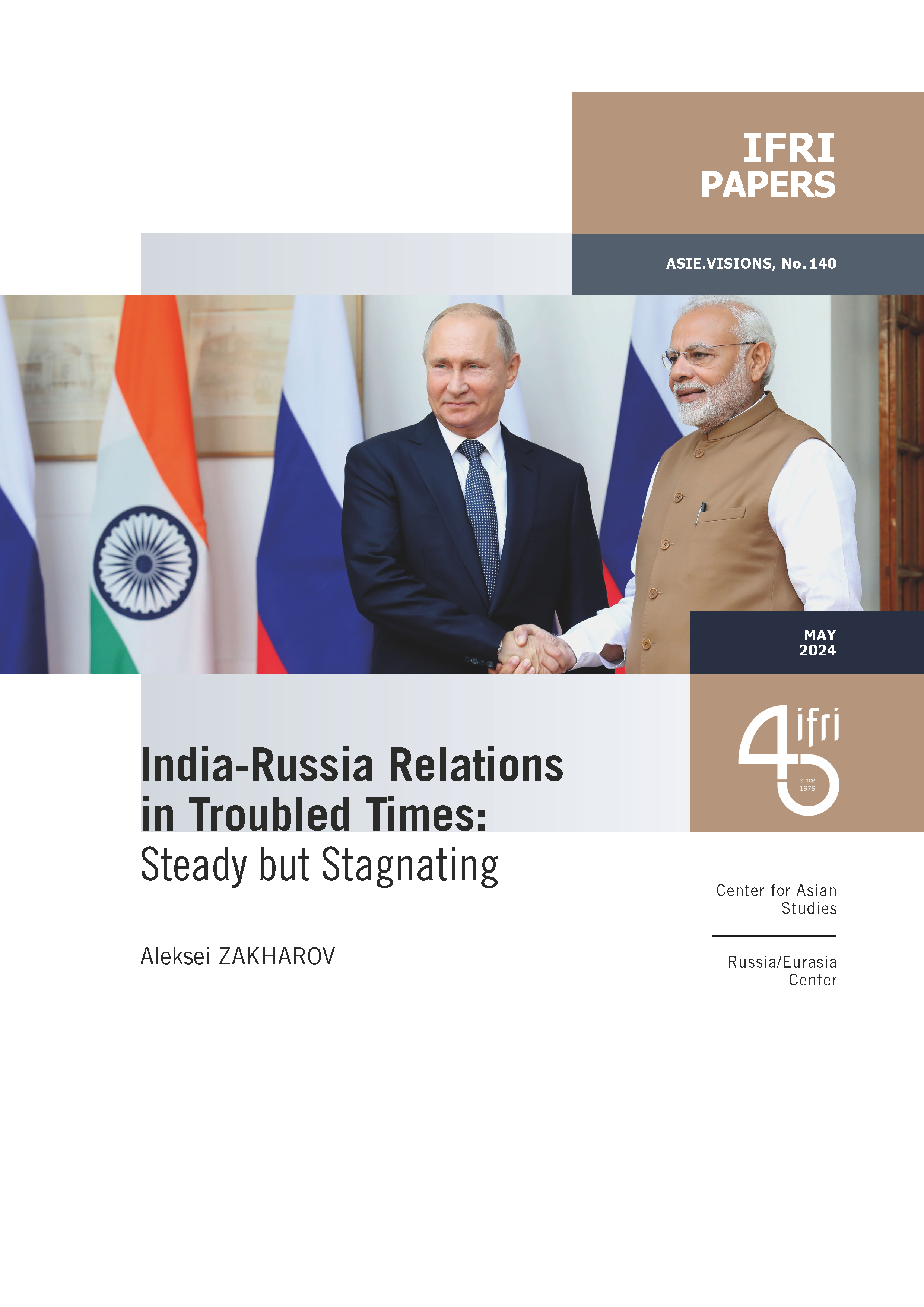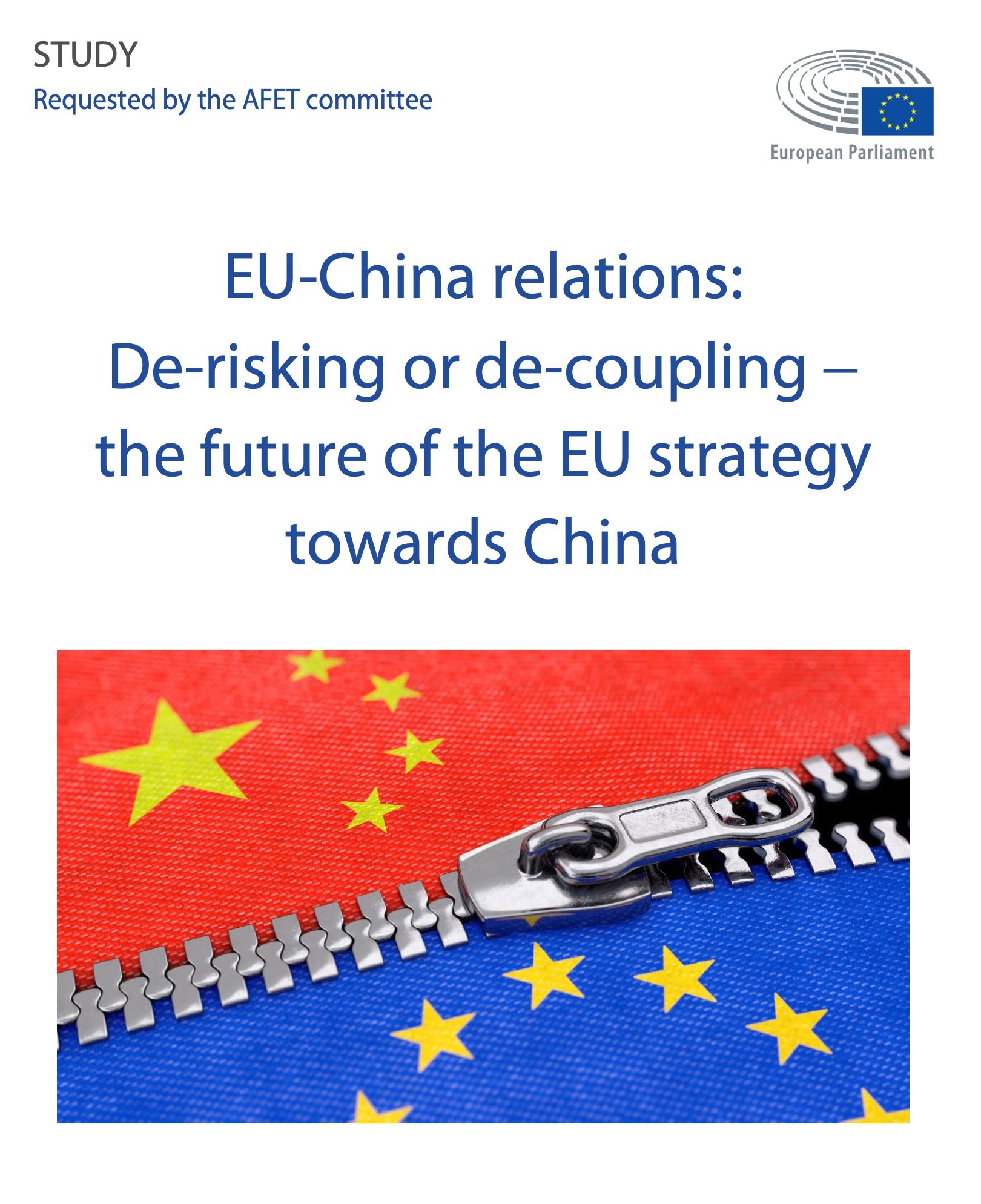Asia and Indo-Pacific
Asia and the Indo-Pacific are often presented as the heart of international relations in the 21st century.
Related Subjects

Has ASEAN become Marginalized within Regional Security Architecture?
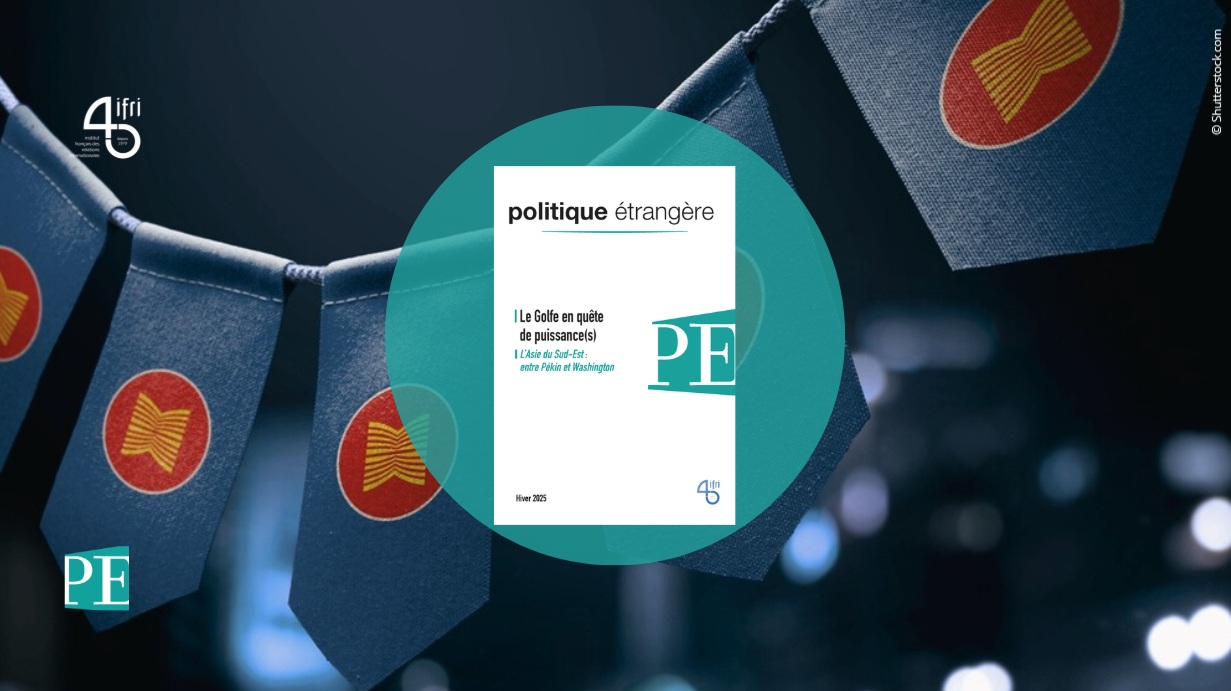
South Asian leaders continue to reiterate how “central” ASEAN is to the region’s security architecture. However, in practice, the tendency is to prioritize bilateral agreements, gradually marginalizing the organization. This fragmentation is weakening regional cooperation, accentuating divisions, and compromising stability in the context of growing tensions in the Indo-Pacific. These trends are worrying at a time when Sino-American rivalries are becoming more acute.


Asie de l’Est : la communauté économique impossible
The East Asian region has long been characterized by its informal structure. Strong economic integration, backed by dense intra-regional trade, has never been accompanied by regional institutional commitments. At the end of the 1990s, there was a vague desire to institutionalize the region, but to no avail.
The Religious Question in Myanmar’s Transition
In March 2011, after a half-century of relative isolation and autocratic military rule, Myanmar took the world by surprise in announcing an unexpected political transition. Less than two years later the emergence of aggressive Buddhist nationalism grabbed the spotlight. The epidemic of violence against Muslims that began with pogroms in June 2012 in the Arakan region of southwest Myanmar has now spread across a large swath of the country and is a testimony to the seriousness of this phenomenon. In a country with a large Buddhist majority, the presence of Muslims is now considered a threat.

Understanding Political Instability in Thailand: Constitutionalism and Coups d’États
Since 1932, Thailand has been the stage of regular coups d’états and constitutional changes, with the most recent in May 2014.

Asia-Pacific: China’s Foreign Policy Priority
China is increasingly active in the Asia-Pacific region, an area that makes up the main focus of its foreign policy.

The Russian-Ukrainian Conflict Seen from Kiev
Moscow has every intention of including Ukraine in its Eurasian Union, with one major playing card: the exchange of Kiev’s sovereignty for economic and financial advantages.

The Ukrainian Crisis or the European Misunderstanding
The crisis in Ukraine seems at first to be the result of the impact of two misunderstandings of Russian and Western approaches.
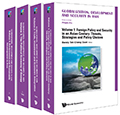
Kazakhstan and Eurasian Economic Integration: Quick Start, Mixed Results and Uncertain Future
Kazakhstan's economic integration with Russia and Belarus has been advancing at break-neck speed.

Asia: A Geopolitical Reconfiguration
The Asian “supercomplex” has taken shape: this is evident within the cross-membership model to Asian intergovernmental organizations and through the appearance of political counterweights to China, particularly in India.

Drafting an agenda for Asia - Europe cooperation - Thinking outside the box
Support independent French research
Ifri, a foundation recognized as being of public utility, relies largely on private donors – companies and individuals – to guarantee its sustainability and intellectual independence. Through their funding, donors help maintain the Institute's position among the world's leading think tanks. By benefiting from an internationally recognized network and expertise, donors refine their understanding of geopolitical risk and its consequences on global politics and the economy. In 2025, Ifri supports more than 80 French and foreign companies and organizations.






